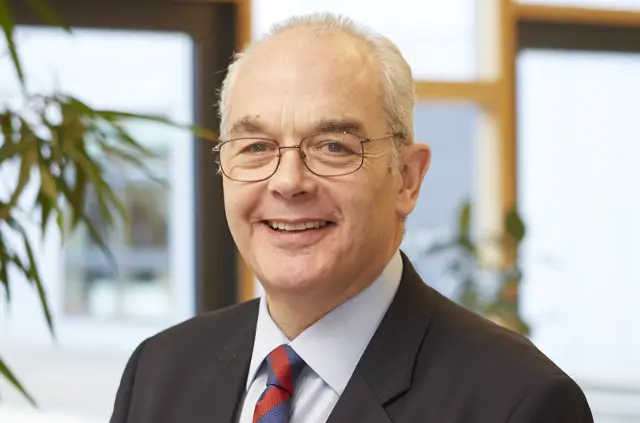Following publication of the HMIC report on reduced neighbourhood policing (see below for national and local reports), Hampshire and Isle of Wight Police and Crime Commissioner responds.
The overall judgement for Hampshire and the Isle of Wight was ‘Good’.
PCC, Simon Hayes, said,
“Neighbourhood policing has been decimated across England and Wales not because of ineffective policing locally, but because Police Forces have had grants cut in excess of 20% by the Government.
“It is rich for HMIC to now be criticising local forces when the rug has been pulled from under community policing. Any “sleepwalking” away from communities is caused, not by policing agencies, but by Government policy and ideological thinking.
“Whilst I am naturally pleased that across Hampshire and the Island the Constabulary has been rated as ‘good’ in this report, it would be misleading if the public gained the impression from the headlines that neighbourhood policing is not considered important.
“Neighbourhood policing was a ‘red line’ for me from 2012 when I was elected as Police and Crime Commissioner. I have been committed to having a police presence in our neighbourhoods which is why I have protected PCSOs numbers and will now be recruiting 108 new police constables into the force to stop the reduction in numbers that has been forced on us by Government in recent years.”
HMIC: Good performance at risk if neighbourhood policing further eroded
HM Inspector of Constabulary Zoë Billingham, who led the inspection, said,
“This is one of the most wide-ranging inspections HMIC has ever conducted. We’ve examined police effectiveness across the board – from how forces identify anti-social behaviour hotspots, to their mapping of organised crime groups, and from their management of the most dangerous offenders, to their work to protect children.
“The job of the inspectorate is to shine a light on both good performance, and on things that need to improve; and this inspection found both.
“Almost all forces are good at preventing crime and anti-social behaviour. Successful prevention means fewer crimes; and fewer crimes means fewer victims, and so more people are kept safe. This is at the heart of what the police are here to do.
“But I need to raise a warning flag here. Forces’ good performance in preventing crimes is at risk if neighbourhood policing is further eroded.
“Frontline neighbourhood police officers have told us repeatedly that they are being pulled from their vitally important preventative work in communities to fulfil other duties, like guarding crime scenes, spending time in stations investigating crimes or staffing police station front counters. Losing our eyes and ears in the community is only likely to hamper good performance in preventing crime.
“Police leaders need to take heed of HMIC’s early warning and make sure that neighbourhood policing – the cornerstone of the British policing model, is preserved for future generations.
“In addition, more than a third of forces are judged to require improvement in how they investigate crime and manage offenders, with backlogs and delays in the units which extract and analyse evidence from digital devices a particular concern. We found a similar picture last year; it is disappointing not to see more progress.”





